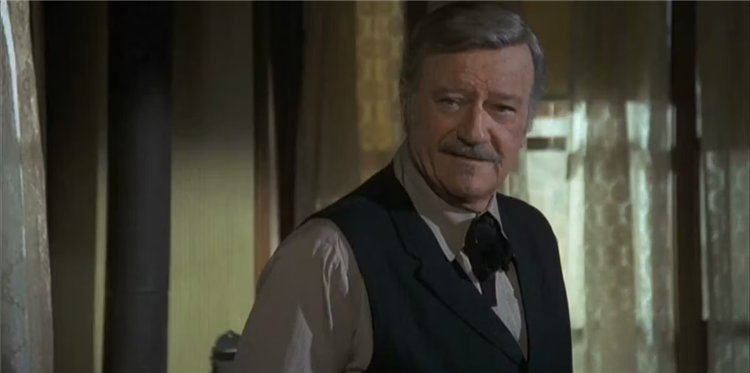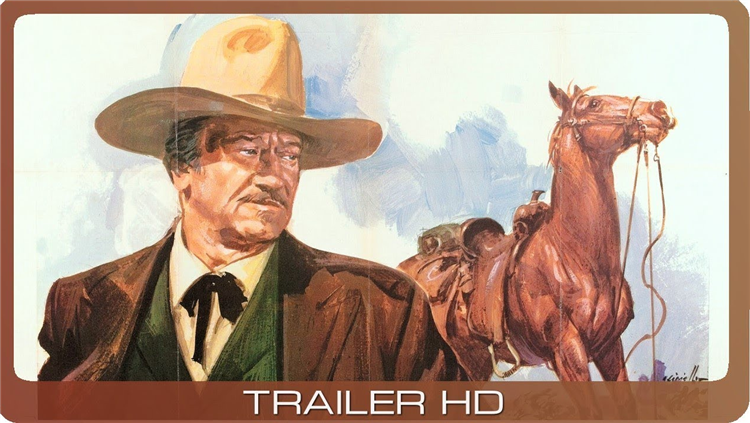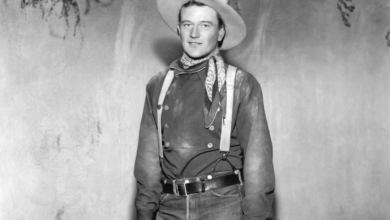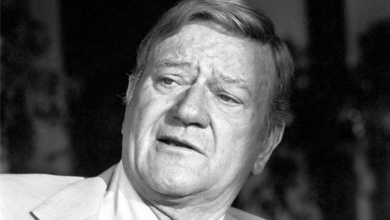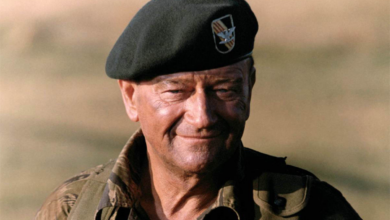John Wayne’s Career Ended With a Bang Thanks to His Last Western Role
John Wayne’s final on-screen role brought his career full circle with another Western hero.
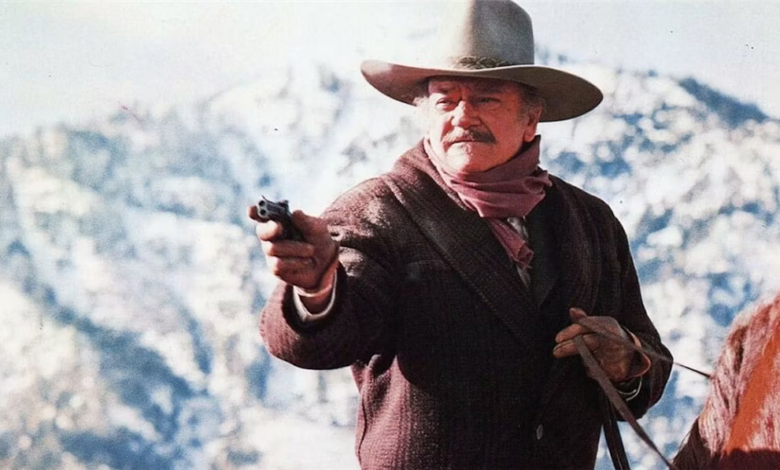
John Wayne has earned his status as the King of Hollywood Westerns with his nearly unbelievable quantity of outlaw stories. Wayne’s filmography is essentially a catalog of how the genre evolved; 1939’s Stagecoach launched many of the archetypes that would last for generations, 1956’s The Searchers represented a growing maturation that reflected more serious ethical issues, and 1962’s The Man Who Shot Liberty Valance explored the end of the era as gunslingers reflected on their place in history. Wayne’s work was largely ignored by the Academy Awards, but his one and only Oscar win for Best Actor was for the iconic western True Grit. It was only fitting that Wayne’s final screen appearance would be in a Western, but The Shootist is an essential film regardless; both a reflection on Wayne’s career and a study of the cyclical, all-consuming nature of violence that he had been so eager to distribute.
Directed by Dirty Harry franchise director Don Siegel, The Shootist casts Wayne as the aging gunslinger J.B. Books, who has essentially retired from duty. While Books does manage to take down a burglar with lethal force in his journey to Carson City, the real intent of his journey was to receive consultation on his failing health. Considering that Wayne actually died only a few years later in 1979 after his final public appearance at the Academy Awards, it’s evident that the role was a very personal one fashioned for him specifically. Books seeks shelter in the home of the caretaker Bond Rogers (Lauren Bacall) and takes a romantic interest in her, but also becomes a paternal figure for her son Gillom (Ron Howard), who has grown up without a father. In an emotional journey of reflection and possible redemption, Books seeks to settle down right before his heroism is called upon yet again. It’s a powerful story regardless of the man at the center, but The Shootist is even more impactful as a swan song for Wayne’s career.
In ‘The Shootist,’ John Wayne Gives a Matured Performance
